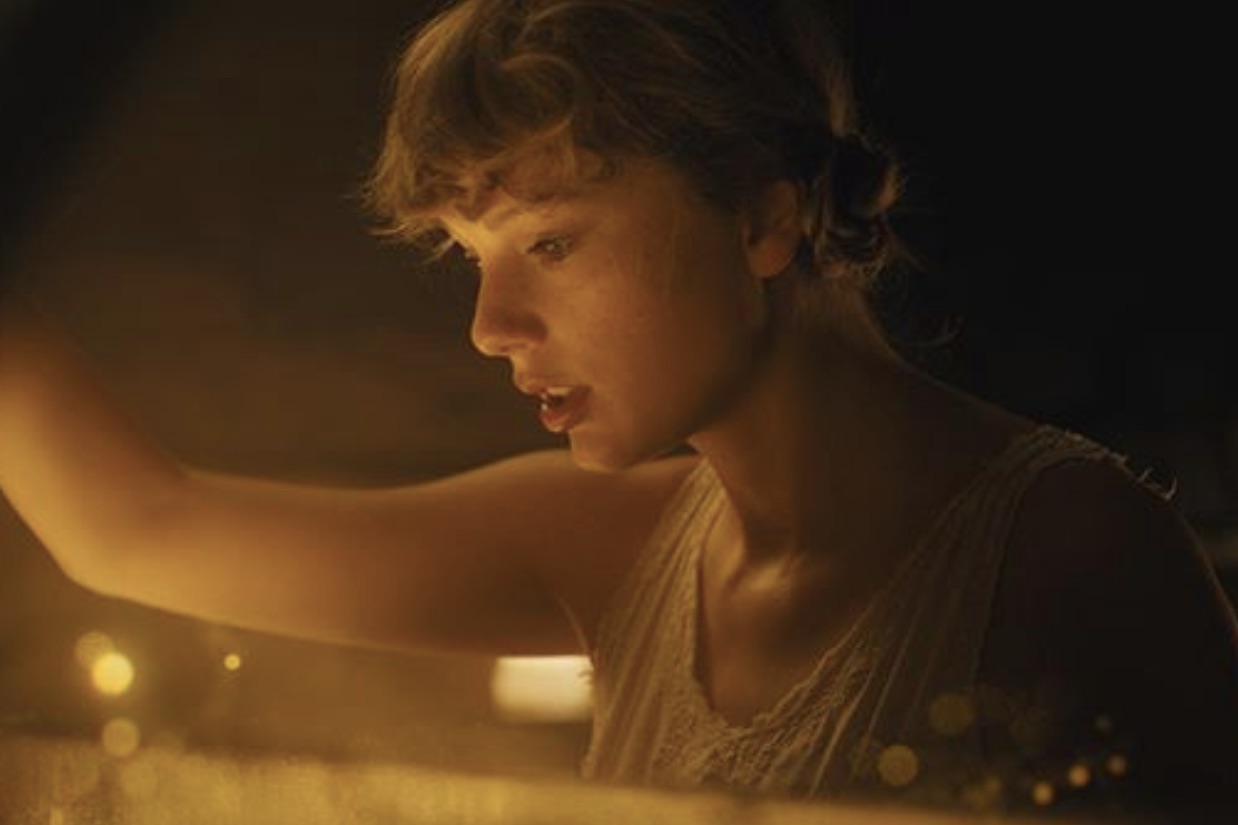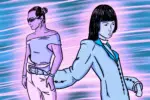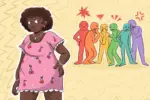For myself and my fellow Swifties, Thursday, July 24 was a whirlwind of a day. For those of us who make it a point to follow Taylor Swift on every single social media platform she belongs to, waking up, turning on our phones and immediately being swarmed with the surprise news that Swift’s eighth studio album, “folklore,” would be dropping the next day was mind-blowing.
Yes, you read that right. Taylor Swift, the queen of marketing and album anticipation, was dropping a surprise album that she wrote entirely during quarantine.
Just to add some context to the surprise Swifties around the world collectively felt about the release, buzz surrounding Swift’s last studio album, “Lover,” which was released in August of 2019, started back in March of that year — a whole six months before the album dropped. The lead up to Swift’s seventh studio album included cryptic “Easter egg” posts and the release of four singles, along with a series of interviews and performances that added to the massive hype, before culminating in the final product of “Lover.”
And then there’s “folklore.” Swift fans were given less than twelve hours to emotionally prepare for what has been widely declared as Swift’s most sonically, lyrically and narratively mature record to date.
But putting aside the rave reviews the album received from fans and critics alike, only minutes after the album’s midnight release, a few interesting hashtags began trending on Twitter, and it appeared that the internet (or, at least everyone listening to the album, which began to feel like the entirety of the internet) was collectively doing a double-take at some of the tracks on “folklore.”
Yes, I’m looking at you, “betty.”
In short, fellow queer Swift fans and I were elated when we heard Swift singing about missing the love of a girl named Betty, eventually asking if Betty would kiss her on the porch.
Taylor Swift singing openly about loving a girl named Betty? Hurrah!
Cue the wave of Swifties who quickly swept in to correct those of us still riding high from the idea that Swift might be a member of the LGBTQ+ community. They reminded us how she had already explained that “folklore” contained a story about a failing relationship, and that “betty” was from the perspective of a man.
I’ll explain further for those of you who aren’t used to the level of deep, intertwined lyricism that Swift has become known for.
Swift has said that three of the album’s tracks, which have been widely accepted as “cardigan,” “illicit affairs” and “betty,” tell the story of a made-up love triangle between three fictional teens, one of whom is named Betty.
Fans have accepted that one of the other teens is named James, who is mentioned by name in “betty,” but there has been some debate as to the identity of the third teen. Some believe her name to be Inez (a character name-dropped in “betty”), though others have proposed her name is August, citing evidence from another one of “folklore’s” tracks, fittingly titled “august.”
So, it is probably unlikely that “betty” was meant to be anything more than a song sung from the perspective of a teenage boy named James who cheated on Betty with another girl named either Inez, August or something else entirely.
Does this mean certain Swifties — myself included — stopped looking for queer Easter eggs throughout “folklore?” No!
In fact, much of my recent TikTok feed has been taken up by Swift fan accounts and other avid listeners breaking down each and every song on “folklore,” and explaining how various lyrics could have queer double meanings.
And songs like #Betty are why the queer community love @taylorswift13. Whether our readings are correct or not is irrelevant. If we can find queer readings of a song, those readings are still valid 🏳️🌈🏳️🌈🏳️🌈 #TaylorSwift #Folklore pic.twitter.com/rtAy1sDZUp
— Jade Evans (@enchantedbyfilm) July 24, 2020
I’ll leave it to the more advanced Swift detectives to break down each individual lyric, but I do think it’s important to talk about the importance of young LGBTQ+ people being able to openly discuss the possibility of their favorite artists being part of their community. Although there are plenty of out-and-proud queer artists, they still make up only a fraction of the mega-popular artists on Swift’s level of fame.
And for everyone who is so quick to shut people down who suggest some of Swift’s songs may have LGBTQ+ undertones or double meanings, it might be prudent for them to ask themselves why they are so offended by the idea that someone like Taylor Swift might be writing about being bisexual or gay.
Because, in reality, Swift’s sexuality is no one’s business but her own.
















